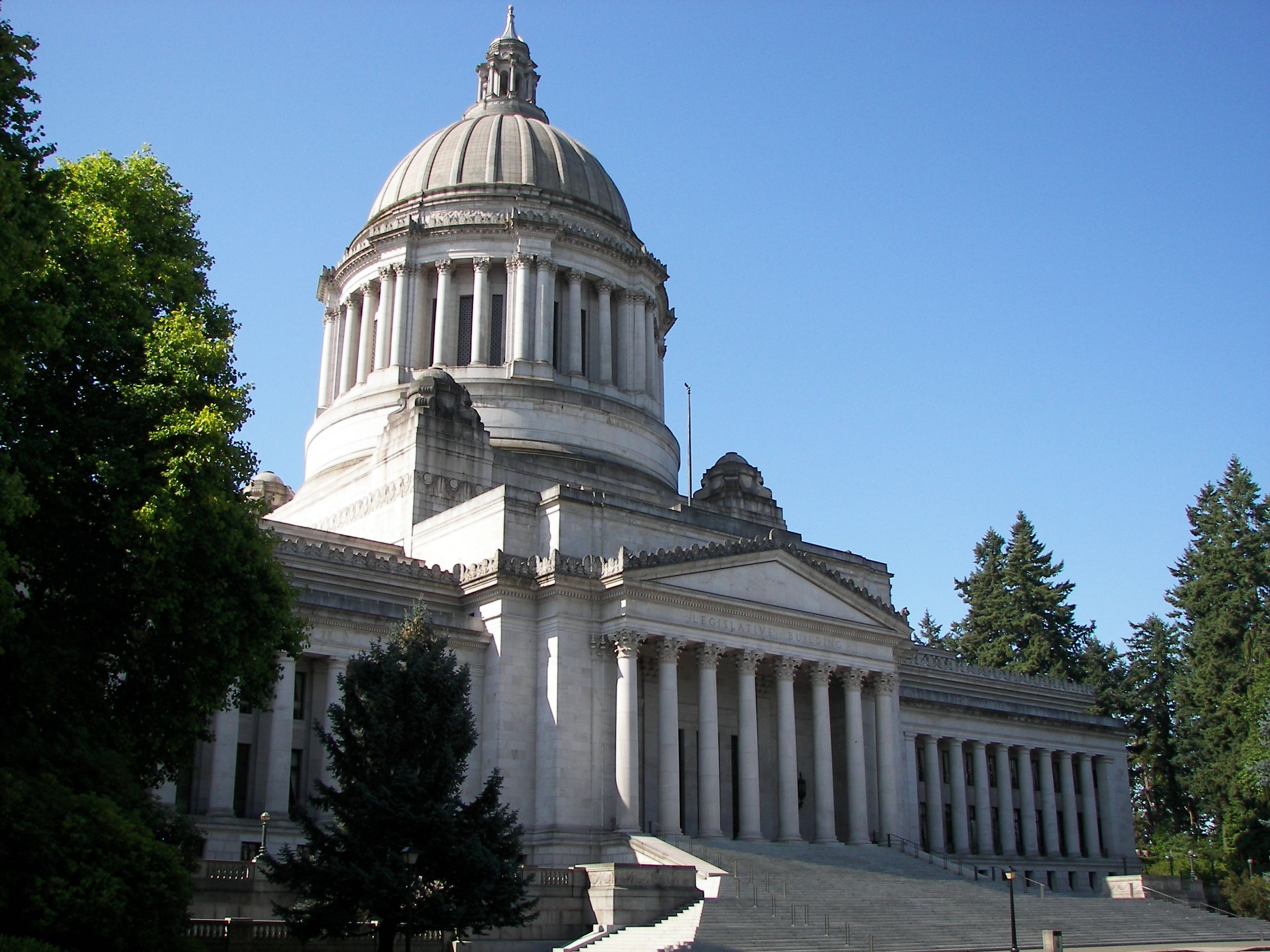Related Articles
23 House Republicans this week introduced HB 1856 (Commissioning a study on establishing an office of transparency ombuds). The bill would authorize a legislative task force to study the creation of the “Washington Office of Transparency Ombuds,” to help provide a nonpartisan and independent resource for citizens to access public records. Rep. Peter Abbarno, prime sponsor of HB 1856, said about the bill in a press release:
“The people of Washington deserve a more open, transparent, and accountable government, and House Bill 1856 is an important step in that direction. Other states struggle with the same issues and Washington state has an opportunity to be an open government trailblazer.”
According to the intent section of HB 1856:
“It is the intent of the legislature to reaffirm its commitment to open, transparent, and accountable governance through commissioning a broad-based study on the establishment of the Washington office of transparency ombuds as a nonpartisan and independent agency. The legislature finds that residents of Washington have every right to know how their elected officials and government agencies come to critical decisions which impact their livelihoods so greatly. Barriers to accessing these records only act as a disservice to the public. The legislature further intends to build upon the foundation set by the voters through their adoption of Initiative Measure No. 276, also known as the public records act, by ensuring individuals have an independent advocate holding lawmakers and public agencies accountable as stewards of official public records.”
This proposal is similar to a recommendation I worked on with former Attorney General Rob McKenna and Former State Auditor Brian Sonntag back in 2009. When launching the 2009 Open Government Task Force, McKenna and Sonntag said:
“We created this Task Force to address growing concerns among governments and the public. State agencies and local governments face a logjam of citizen complaints, costly litigation over the PRA and the OPMA, and uncertainty regarding potential liability that may require payment of attorneys' fees, costs, and daily penalties. Citizens who are denied access to public records and public meetings have no choice other than to go to court, and lawsuits may take years to resolve and are costly. Going to court to enforce legal rights to access public records and public meetings is simply not an option for many citizens.
An efficient and inexpensive solution is needed to resolve complaints and provide greater access to public records and public meetings while reducing costs to governmental agencies and the public. Many states provide an independent administrative review process to resolve complaints without litigation. These states use administrative boards to offer services including mediation, dispute resolution, non-binding legal interpretations, investigation of potential violations, issuing final appealable rulings, offerings of legislative reform, and training public officials about their responsibilities under the law.”
The 2009 Open Government Task Force recommended:
“There is a critical need for an independent administrative oversight agency to enforce the PRA and OPMA with the purpose of providing an inexpensive, expedited, and clear process for resolving disputes. The state legislature should amend the PRA and OPMA to create an independent oversight agency with administrative authority to enforce the provisions of the PRA and OPMA.”
Former State Auditor Brian Sonntag told me this morning:
“It’s always the right time to open the doors and let people know what their government is doing. Fourteen years ago might have provided a little more sunshine but I like this bill.”
Creating an independent open government ombudsman has been a longstanding recommendation of the Washington Policy Center. From our Policy Guide:
“Currently, when government officials violate the Public Records Act, citizens are forced to file a lawsuit to receive the public records improperly withheld. This means an individual must take on the full force and legal resources of the government agency being sued. To level the playing field, the legislature should authorize an independent, open government ombudsman to be an advocate for citizens.
This independent public records advocate would be able to provide information on public records and open public meetings to state and local agencies and the public, while also representing the public in obtaining public records from state and local agencies.”
Due to the late introduction HB 1856, the bill is unlikely to be considered this session but will be eligible for public hearing and debate during the 2024 Legislative Session.






